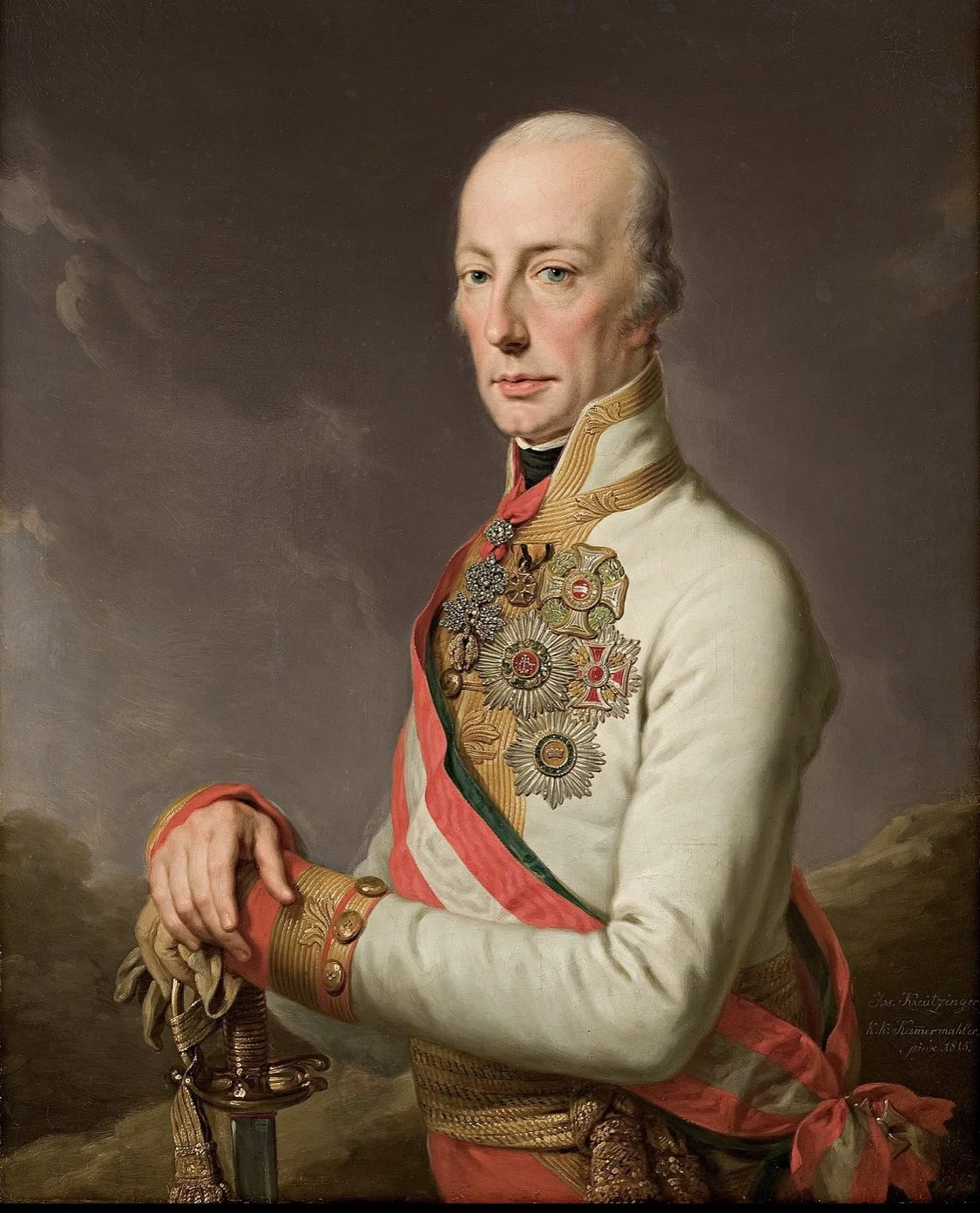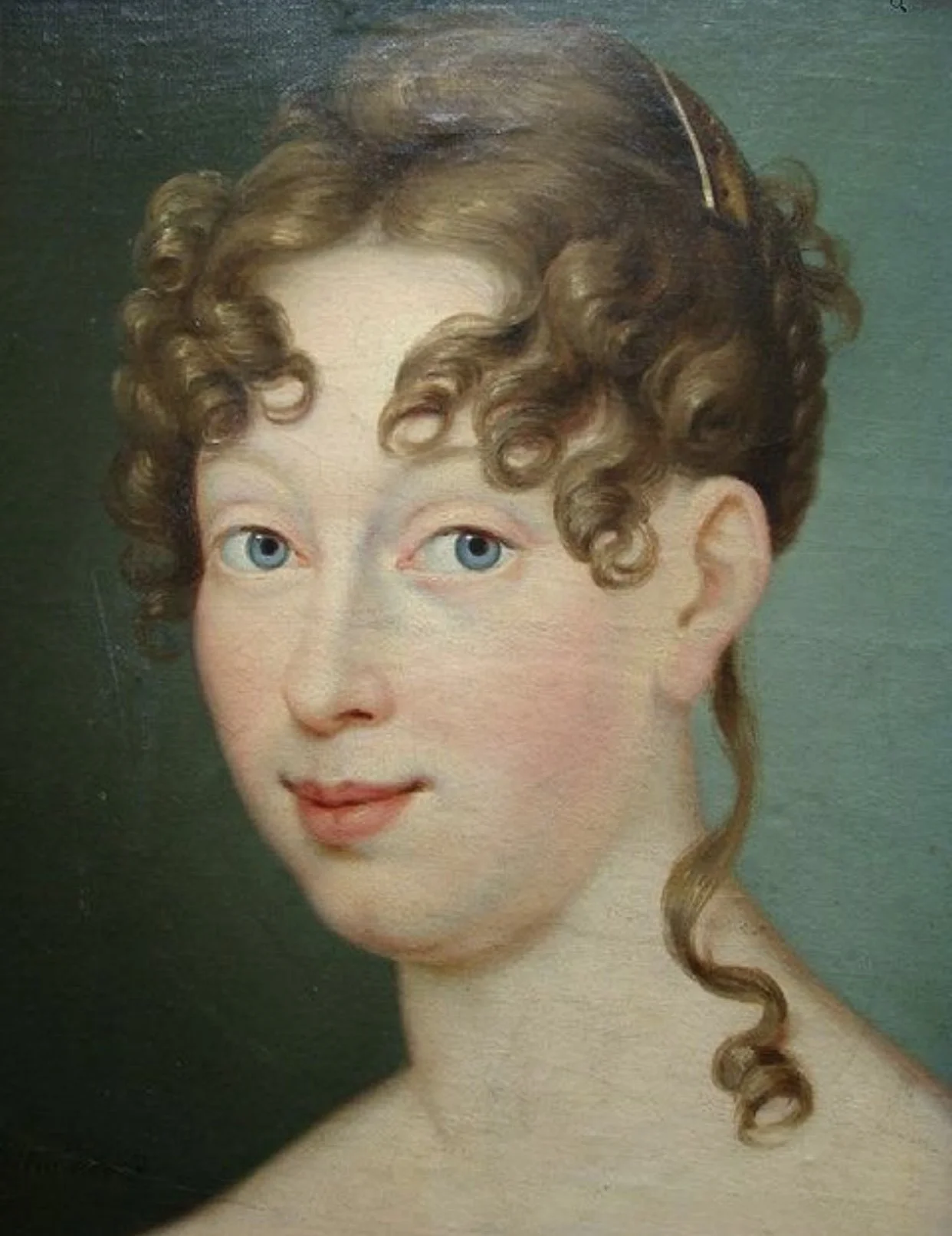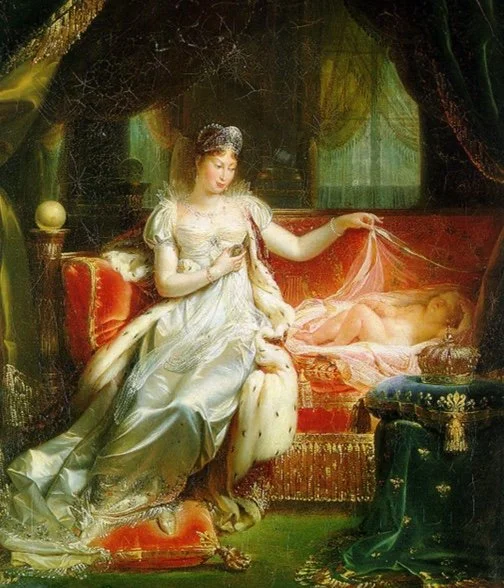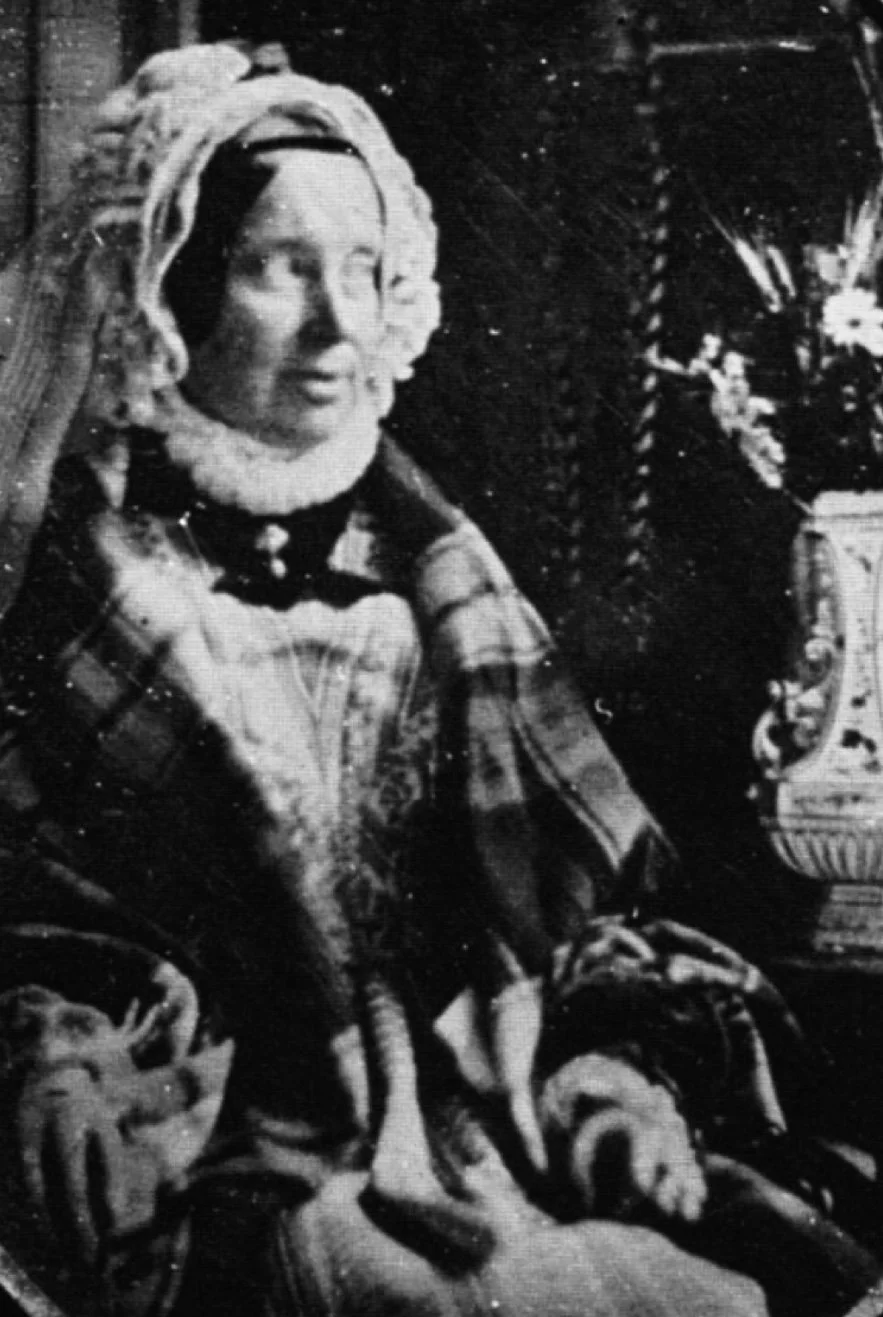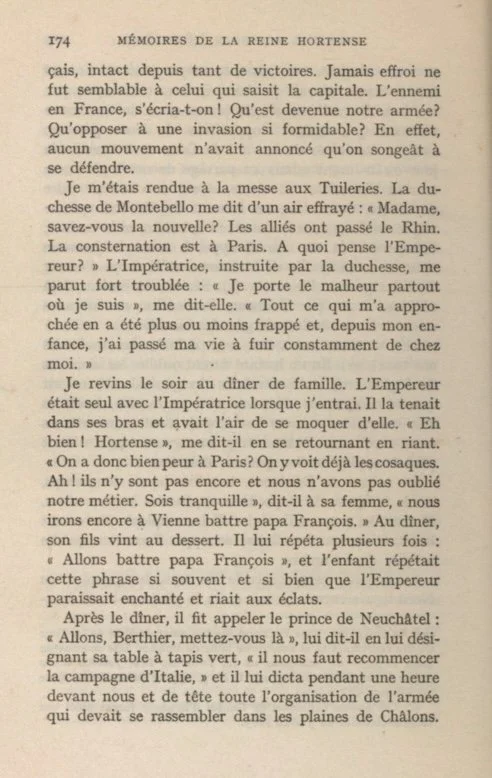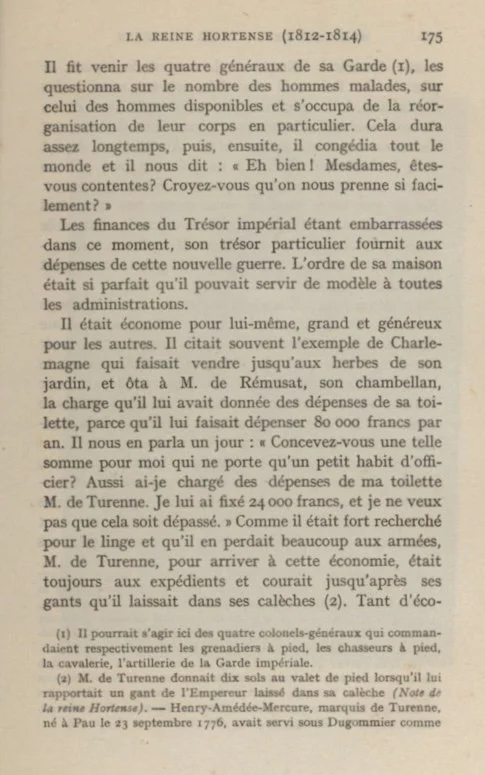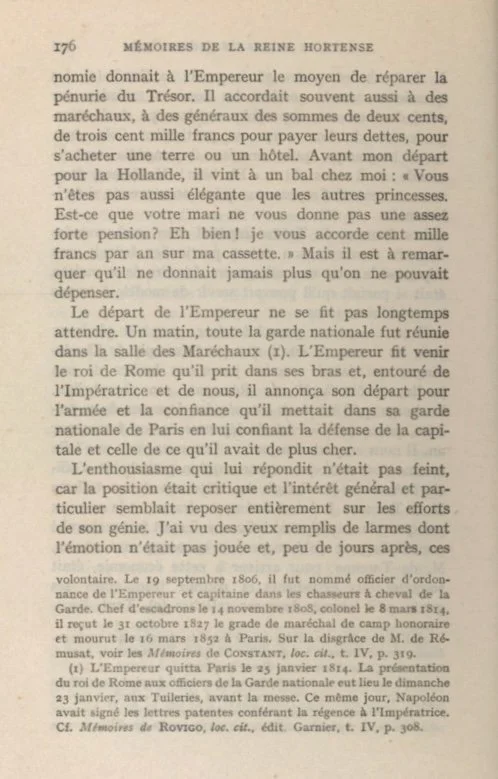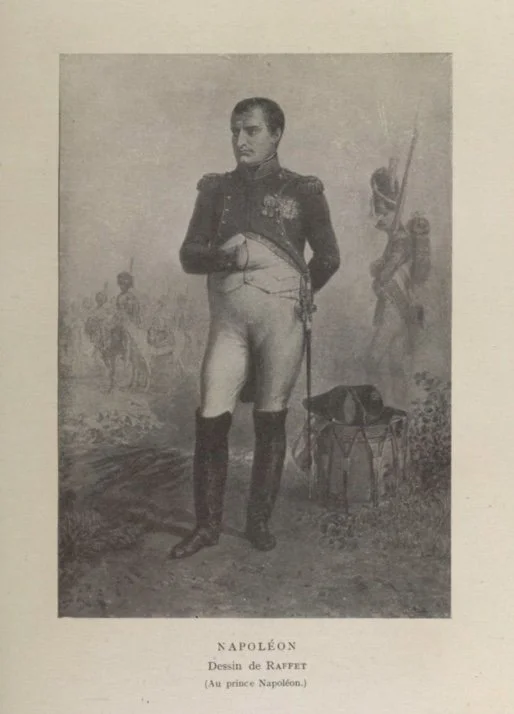Let’s have another look at Hortense’s Memoirs. If you want to read the book it is available for free at the side bar in English and French. Use the widget on the sidebar to translate the text below into pretty much any language.
Throughout the memoirs, we learn of the strategy that undid Napoleon. He was tricked into an illusory marriage while his wife’s side used that time to get ready to attack him again. As this strategy is finally revealed, Marie Louise cries a great deal as she continues playing her part in the scheme.
Napoleon’s fatal error was underestimating the depth of the capacity of malice of his enemies. I frequently think of the nature of Napoleon’s fatal error when all of my new “helpful friends” and obvious agents have been lining up. I never judge their capacity for malice by what I would do or I would commit the same error that Napoleon did. Once someone is a target of the global spy system cabal, trust is very difficult. They weren’t going to facilitate a real marriage for Napoleon. He was going to get saddled with an “asset” - one way or another.
Hortense’s memoirs continues:
I returned in the evening to the family dinner party. The Emperor was alone with the Empress when I arrived. He was holding her in his arms and seemed to be, teasing her. "Ah, there you are Hortense," he exclaimed laughingly as I entered. "Are people as frightened as all that in Paris? Do you already see the Cossacks riding down the street? Well they are not here yet, and we have not forgotten our trade as soldiers. Don't worry," he added, speaking to his wife. "We will go again to Vienna and beat Papa Francis."
At dinner his son came in at dessert time. He repeated several times to the little boy, "Come on and beat Papa. Francis." And the child repeated this phrase so frequently and so clearly that the Emperor seemed delighted and laughed heartily.
After dinner he sent for the Prince of Neuchatel, "Now then, Berthier, go over there," he said, pointing to his table covered with green cloth. "We shall have to begin once more our campaign of Italy."
The Emperor dictated steadily for an hour as we sat there, speaking without any notes and outlining the way the army was to be organized which was to assemble on the plains of Chalons.
He sent for the four generals in command of the Guard and inquired how many men were on sick-leave, how many were available for active service. He paid particular attention to the reorganizing of this part of his forces. All this took time. Finally, he dismissed everyone and turning to us he said:
“Well, ladies, are you satisfied now? Do you think it is going to be as easy to catch us as all that?"
As the national finances were in difficulties at that moment the Emperor took the funds required for this new campaign from his private fortune. The method in which his household accounts were kept was so perfect that it might have served as model to all the departments of the state. The Emperor was extremely thrifty in his personal expenses, very liberal where others were concerned.
He frequently quoted the example of Charlemagne, who sold even the herbs from his private garden, and the Emperor dismissed his chamberlain Monsieur de Remusat from the post of controller of his wardrobe because the chamberlain had spent over 80,000 francs in a year on it.
One day the Emperor spoke to us about this and said "Can you imagine such a sum being spent on me who only wear an officer's undress uniform? That was why I told Monsieur de Turenne to look after my wardrobe expenses. I limited them to 24,000 francs per year and I do not in-tend to exceed this sum."
As he was extremely particular about his linen and as he lost a great deal of it while at the front, Monsieur de Turenne was forced to resort to all sorts of expedients to keep within this figure. He even had pages run after the Emperor's gloves if he happened to forget them in his carriages.
It was by practicing such personal economy that the Emperor was able to come to the rescue of his public treasury. He frequently made gifts of two or three hundred thousand francs to his marshals and generals in order to enable them to pay their debts, or buy an estate or town house. Before I left for Holland, he attended a ball I gave at my house. "You are not as elegant as the other princesses. Does not your husband make you a big enough allowance? Well, then, I shall set aside a hundred thousand francs a year for you from my personal budget."
Nevertheless, it may be mentioned that he kept his gifts within reasonable limits. The Emperor's departure took place shortly after the scene I have just related.
One morning all the officers of the National Guard were summoned to the Salle des Marechaux. The Emperor had the King of Rome brought in, took him in his arms, and with the Empress beside him, and surrounded by the rest of his family, announced that he was leaving for the front and declared his confidence in the National Guard of Paris to whom he entrusted the defense of the capital and the protection of those who were dearest to him.
The enthusiasm which greeted him was quite sincere, the more so as the position was a critical one and the interests of the individuals and the state both seemed to be entirely dependent on his military genius.
I saw men's eyes filled with tears, and a few days later the same men not only abandoned the imperial cause but insulted the Emperor in the most outrageous manner. That evening I was alone with the Emperor and the Empress.
She kept crying all the time, and the Emperor kissed her repeatedly in order to console her. He had us go into his study. While we were there warming ourselves by the fire, he sorted out his papers, burning a large number of letters.
Every time he came near the chimney, he embraced his wife saying, "Do not be gloomy. Trust me. Do you think I have forgotten my profession entirely?" And he added while he held his wife tightly in his arms, "I will beat Papa Francis again. Don't cry; I will be home soon."
By all accounts Marie Louise put up next to no resistance when she was asked to abandon her son to those whom she knew were likely to kill him.
This is a photo of Marie Louise. We are fortunate to have access to her true story so that we can understand the position that she was put in from birth because of the control system of her time which still unfortunately prevails. Marie Louise obviously felt she had to comply or she would be killed herself and no one is arguing with that. We need to take a very accurate look at this hidden hand system which has been so successful at hiding itself from the masses for so long. I’m convinced most of the harrassment I’ve received from agents is really about hiding the truth of Marie Louise’s story. It needs to be told in a fair and finally honest way.
The original French is available below:

